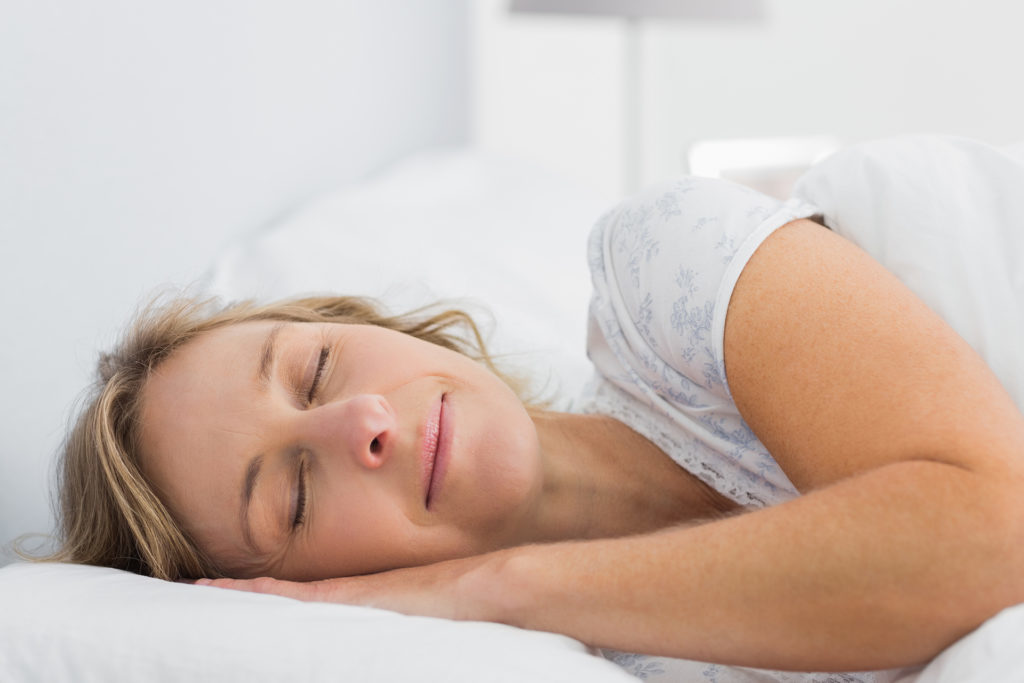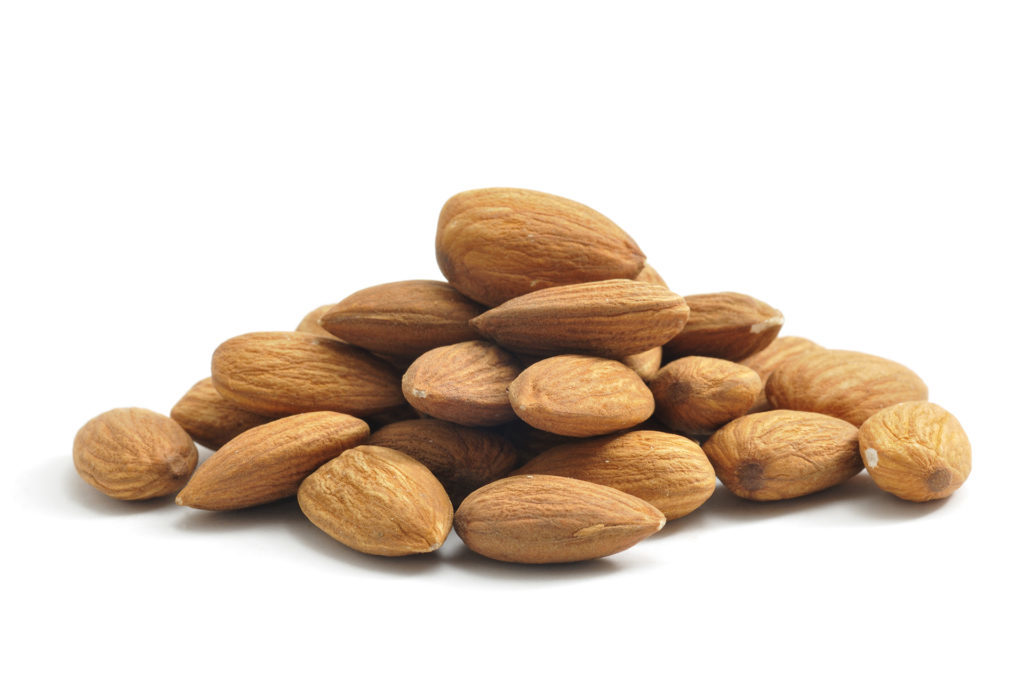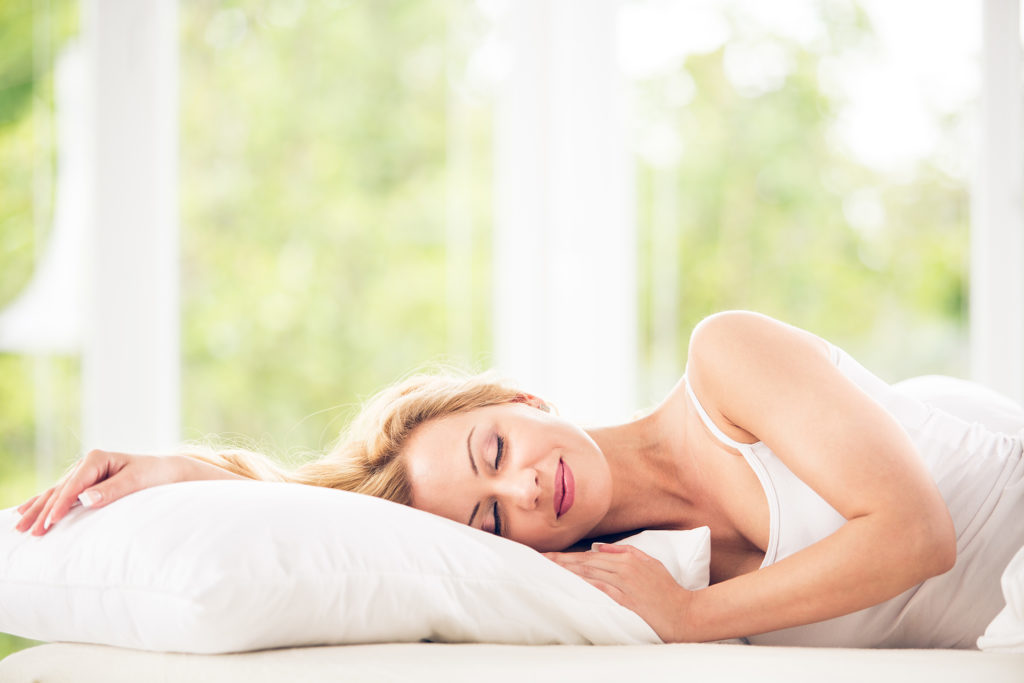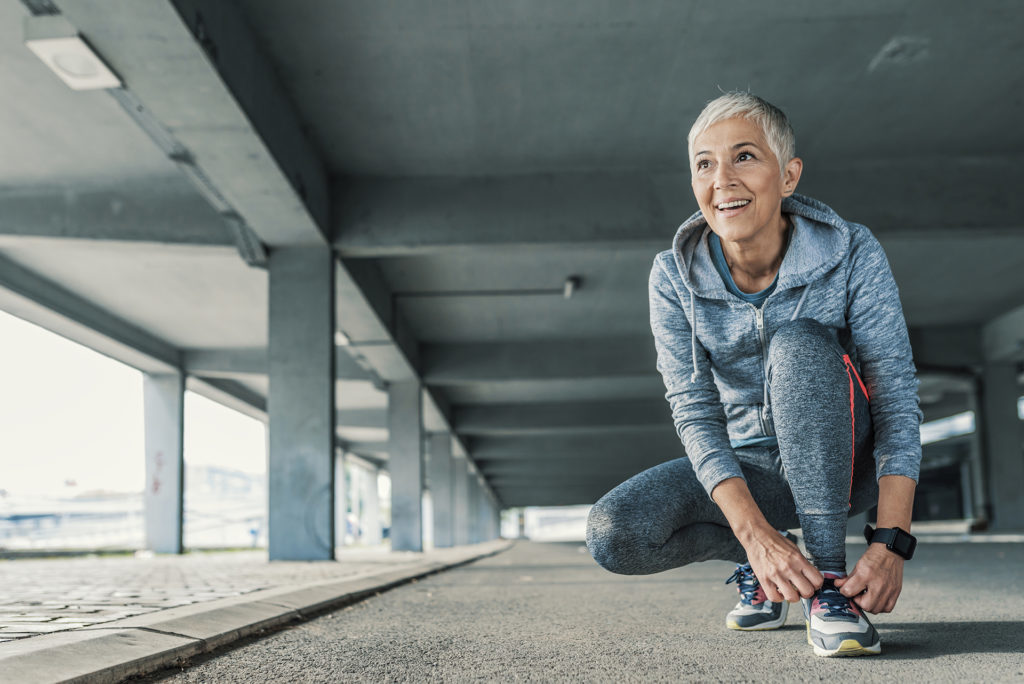Sleeptember | 2018 Sleep Trends
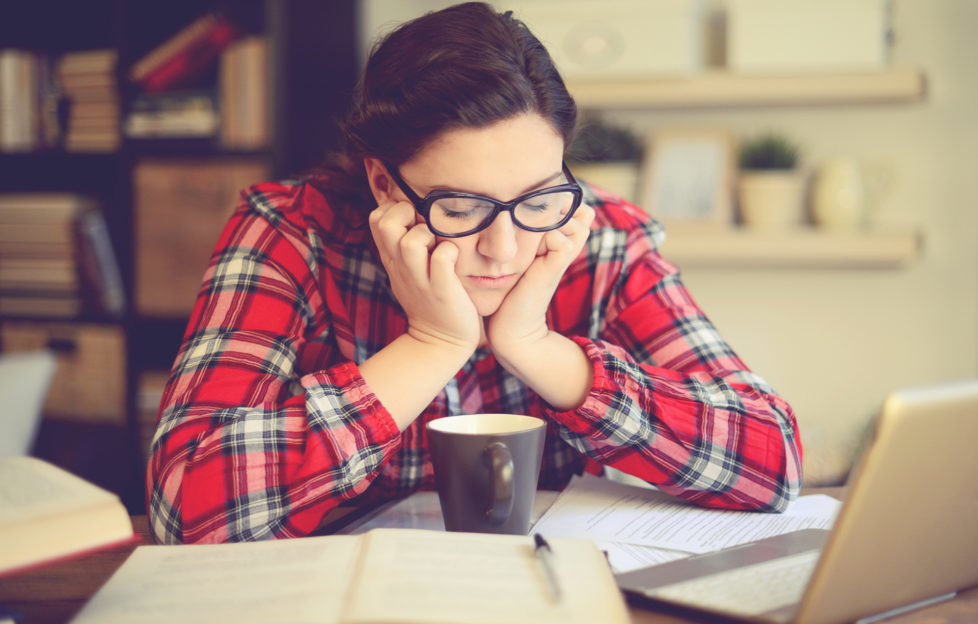
Sleeping trends have been set for 2018 – but are they really going to help you get those precious hours of shut eye? Our experts weigh in on these trends to help ward off your sleep dramas and get a good night’s sleep.
Sleep on your side
This year reveals that sleeping on your side, where your torso and legs are relatively straight, is the position of choice for a good night’s sleep as it supports your neck and back, reduces the chance of snoring and elongates your spine. Leading UK nutritionist and author of Natural Solutions for Dementia and Alzheimer’s Dr Marilyn Glenville (www.marilynglenville.com) comments, “Too little sleep increases your risk for Alzheimer’s because beta-amyloid protein is cleared away during sleep when your cerebrospinal fluid washes out toxins from your body. The best sleep position for this to happen is on your side.”
Ditch the sleep tracker
Another sleep trend that has emerged in 2018 is to ditch your sleep tracking device, with claims that putting a number on the amount of sleep we get can bring about stress and in-turn interrupt your sleeping patterns. Dr Roger Henderson, working in collaboration with Somnuva sleep device explains, “It is a myth that everyone needs 8 hours of sleep a night as we all need different amounts of sleep as we age.” Rather than ditching technology all together, they key is to find a sleeping aid rather than a tracker. Many tech devices claim to help send us to sleep and track the hours of shut-eye but none claim to actually repair your sleeping pattern. Until Somnuva, the first-of-its-kind sleeping-device, that has a built-in, patented algorithm that improves sleeping patterns, naturally.
Colin Aston-James sound technology expert explains, “Somnuva has an edge because it is the only device built with this patented, proven algorithm which allows your brain to run at the correct frequencies through the entire night. Other products on the market either track your sleep or just help you get to sleep.”
Food for sleep
What we eat is not only important for our physical and mental health, but is now also connected with your sleeping patterns. Nutrition and Weight Loss Coach Pippa Campbell (www.pippacampbellhealth.com) explains, “What we eat and don’t eat plays a very important role on sleep. Several hours before bed, eat a high-protein snack as this can provide the L-tryptophan needed for your melatonin and serotonin production. In addition, avoid before-bed snacks, particularly starchy carbs and sugars. These will raise your blood sugar and is likely to delay sleep as later in the night when your blood sugar drops too low, you may wake up and be unable to fall back asleep.”
Sleep binging
Sleep binging is an emerging 2018 trend that is based on the idea of making up for a lack of sleep by sleeping for longer over the weekends or on days where you’re not as busy to help your body recharge its batteries. Dr Roger Henderson, working in collaboration with Somnuva sleep device comments, “Even one night of disturbed sleep can impact on mental and physical performance the following day. It is however possible to catch up but can take days or even weeks for the body to return to a normal pattern. If trying to make up for lost time, go to bed early and wake up at a normal time instead of sleeping in late.”
Work-out to sleep better
Exercising on a regular basis through the week can improve your sleeping patterns, according to research. Marilyn explains, “Thirty minutes of exercise during the day can help you sleep better as exercise delays the production of melatonin, which is known to help with sleep. Try to exercise early in the day as exercise can also be extremely stimulating and some people find it difficult to sleep following a late work out session.” No excuses to bail on that spin class now…

